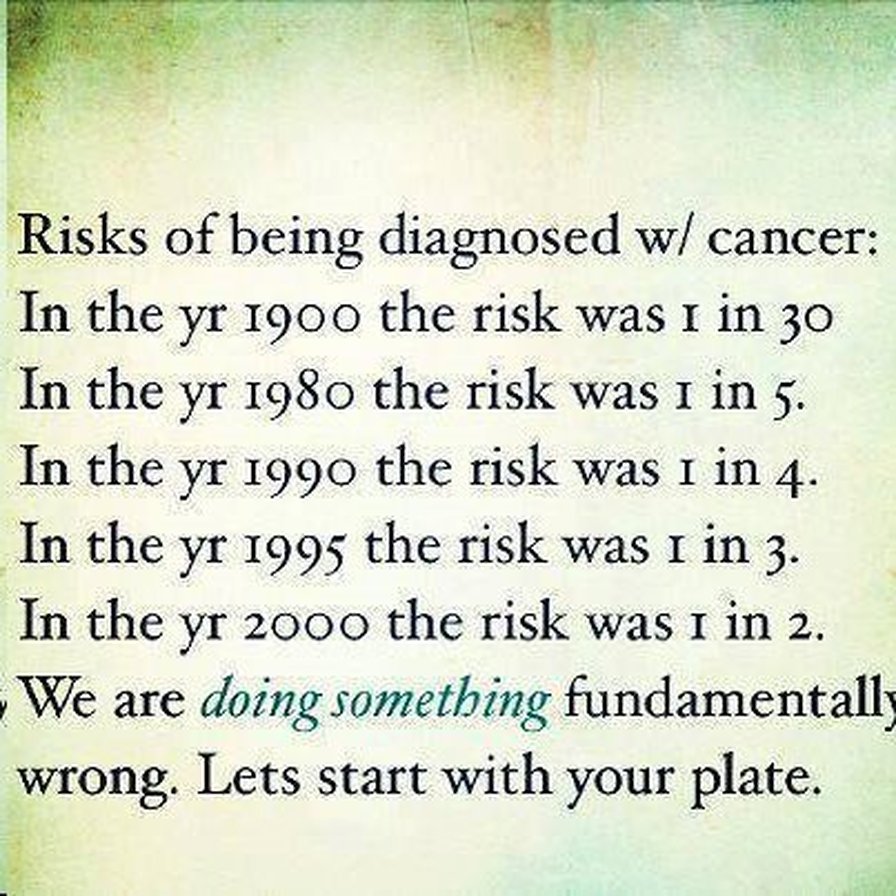
Tom Brokaw diagnosed with cancer
How many more people need to die of cancer before we REALize that it is completely preventable? Not one person on this planet should ever get cancer. NOT ONE.
It may require major lifestyle change for many.
It is not the sun that gives you cancer.
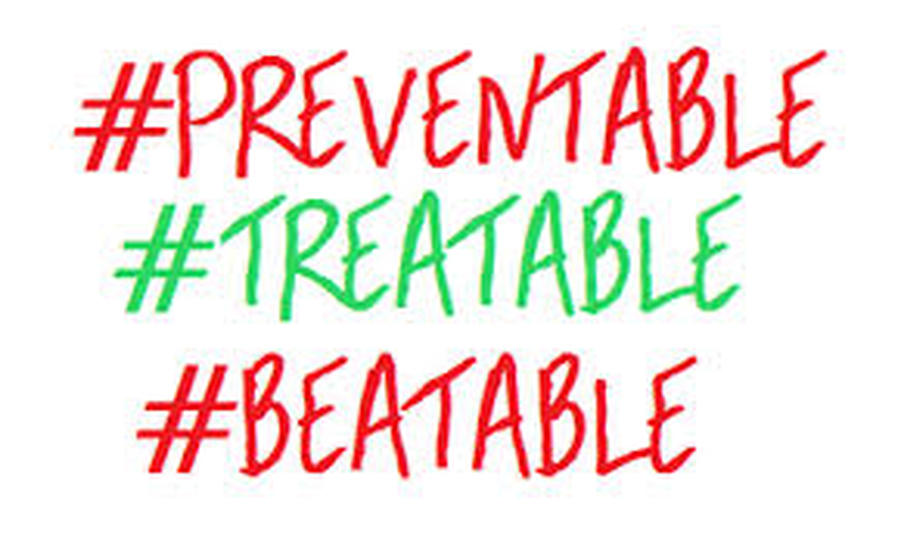
Sun by itself does not give you cancer....sun combined with all the toxins in our bodies, gives us cancer. It is not the sun that is bad for us. Sun actually prevents cancer. In the same way that fluoride is actually bad for your teeth. We have been fed so many lies it is ridiculous.
Check out a recent article detailing a 20 year study on the impacts of sunscreen and the lack of sun exposure
Cancer deaths- almost 25–30% are due to tobacco, as many as 30–35% are linked to diet, about 15–20% are due to infections, and the remaining percentage are due to other factors like radiation, stress, physical activity, environmental pollutants etc.
Nitrites and nitrates are used in meat because they bind to myoglobin, inhibiting botulinum exotoxin production; however, they are powerful carcinogens. Long-term exposure to food additives such as nitrite preservatives and azo dyes has been associated with the induction of carcinogenesis.
The rich, dark colors of blueberries, Brazilian acai berries, raspberries and cranberries come from phytochemicals that protect against numerous types of cancer. Most recently, researchers at the University of Florida found that the active ingredient in acai berries destroyed cancer cells when tested in cell cultures.
And blueberries and muscadine grapes contain compounds that recent research shows cause cancer cells in the liver to self-destruct. In studies particularly important to women, cranberries have recently been discovered to be an important weapon in the fight against deadly ovarian cancer. Studies reported at the annual meeting of the American Chemical Society found that ovarian cancer cells that were becoming resistant to platinum chemotherapy – the standard of care for ovarian cancer – became six times more sensitive when exposed to a compound in cranberries.
Numerous studies over the years (more than 30 different studies to date) have documented the anti-cancer properties of garlic. The strongest evidence so far has focused on digestive cancers, but garlic appears to protect against all types of cancer, including breast and prostate. According to the National Cancer Institute, an analysis of seven different large-scale population studies showed that the more raw and cooked garlic a person consumed, the lower his risk of stomach and colorectal cancer; one study found that middle-aged women who regularly consumed garlic had a 50 percent lower risk of developing colon cancer. Scientists have isolated two active ingredients in garlic, allicin and allyl sulfur, and demonstrated that they prevent and fight cancer in both animals and humans; you can take garlic in supplement form but the capsules must be enteric-coated to protect these active ingredients. Add crushed, fresh garlic to your meals whenever possible; some experts also recommend waiting 15 minutes between peeling and chopping the garlic to get the full effects of the active compounds.
British researchers made headlines last year with a study that showed that men with early signs of developing prostate cancer prevented tumor growth by eating broccoli four times a week. Other studies have shown anti-cancer benefits from eating cabbage, brussels sprouts, broccoli, cauliflower, and other cruciferous vegetables.
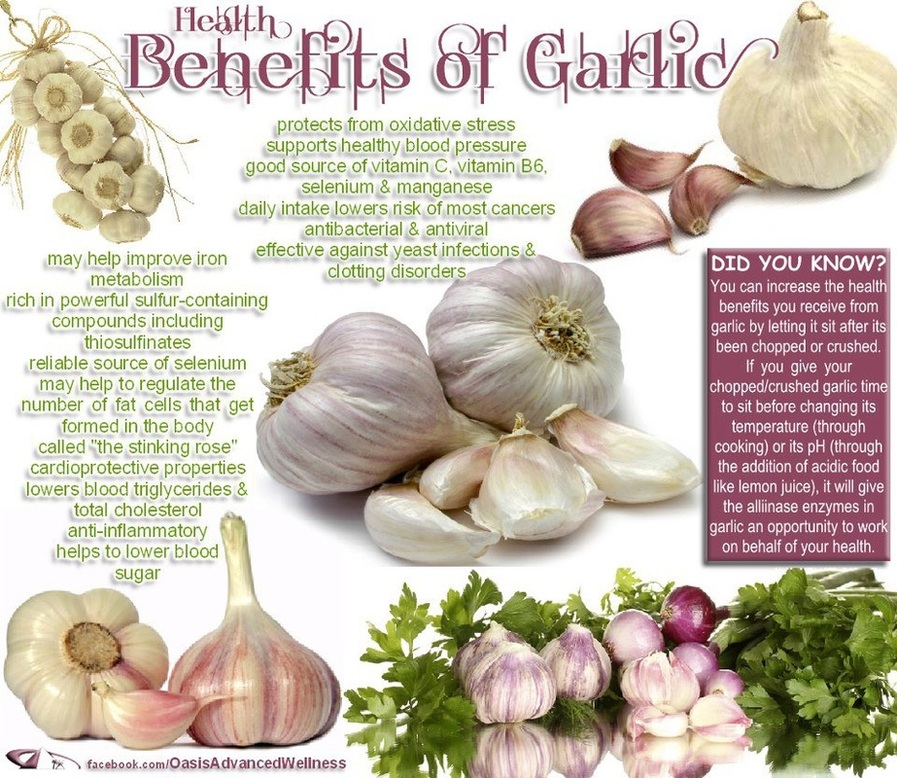
According to the National Institutes of Health, studies of people from Southern Europe who eat a diet high in garlic and onions show a direct relationship between high consumption of "allium" vegetables (all types of garlic, onions, and leeks) and reduced risk of many common cancers.
Harvard researcher Edward Giovannucci reviewed 72 different studies published by the National Cancer Institute, and concluded that lycopene, the active chemical in tomatoes, lowered the risk of many different cancers, particularly prostate, breast, lung and colon cancer. Subsequently, the FDA conducted a review of its own and disagreed, refusing food companies' request to label tomato products with an anti-cancer health promotion message. However, many experts believe the FDA's process was flawed and that tomatoes will be vindicated by further studies. The good news: cooking tomatoes seems to enhance the effects of lycopene, qualifying tomato-based spaghetti sauce as a nutritional powerhouse. Another FDA fail.
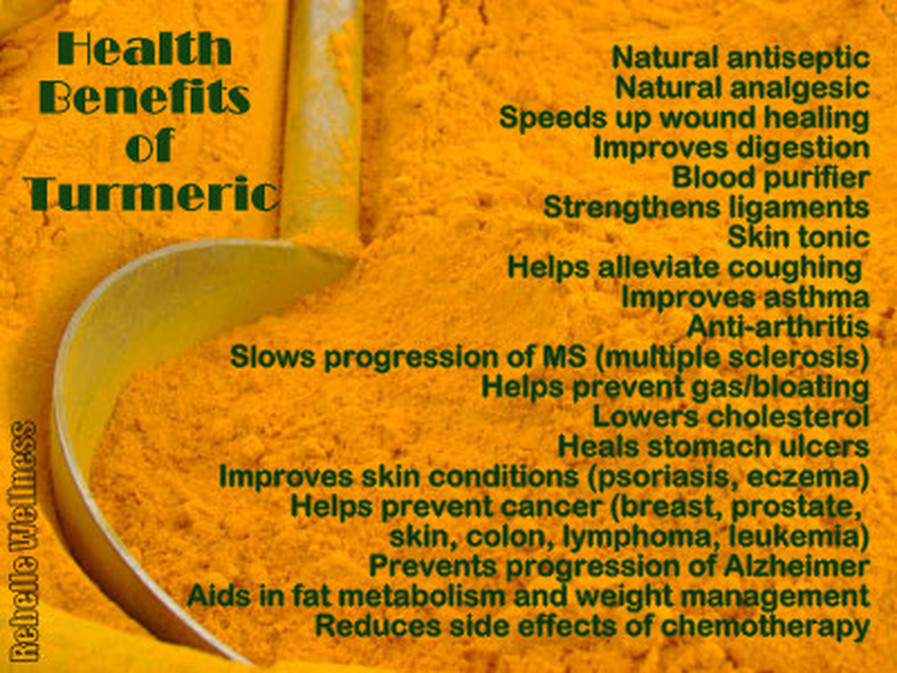
The orange-yellow spice turmeric, best known for its role in Indian curries and other Asian dishes, fights cancer because of an active ingredient, curcumin, that's a powerful antioxidant. Researchers at Ohio State University in Columbus reviewed numerous animal studies and concluded that curcumin demonstrated anti-cancer effects at virtually all stages of tumor development. Researchers in France and Britain also have been studying curcumin's action in the laboratory and concluded that it prevents and slows tumor cell growth. The great news about turmeric is how easy it is to work into the diet, because you don't need very much. Add a teaspoon of the spice to soups, salad dressings, meat and pasta dishes and you'll reap the preventative effects.
Lemons have 22 anti-cancer compounds
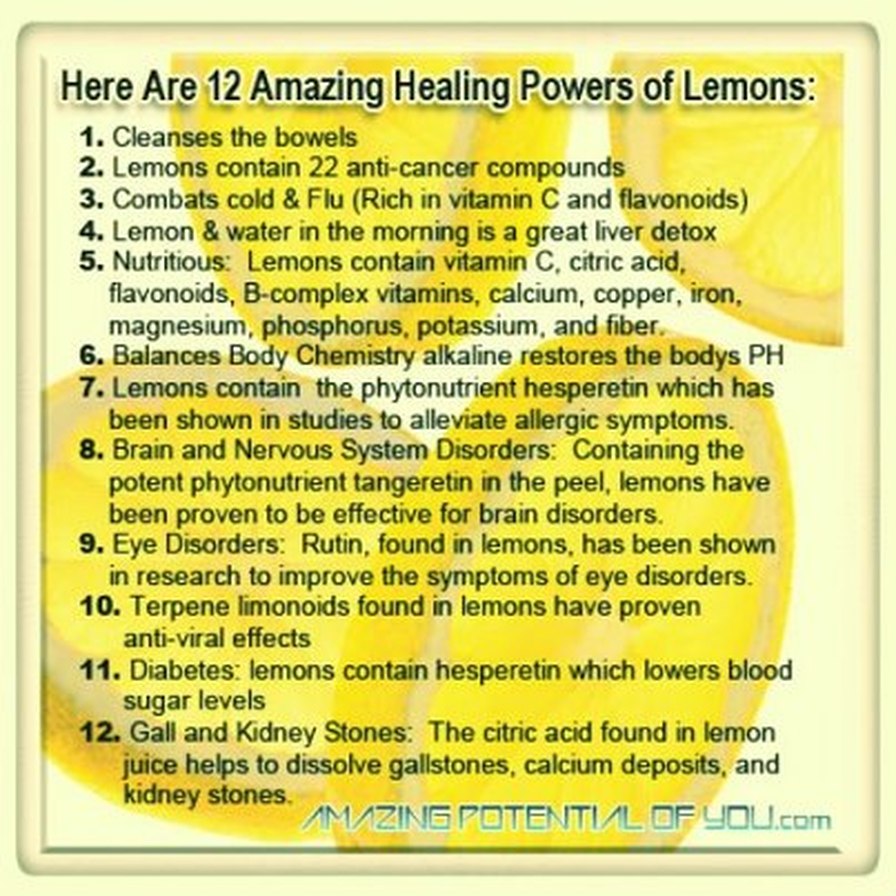
Beets, Ginger, Mango, Mint, Olives, Walnuts, Wheatgrass and many many more will prevent cancer of any kind on any level. This is GOOD NEWS!
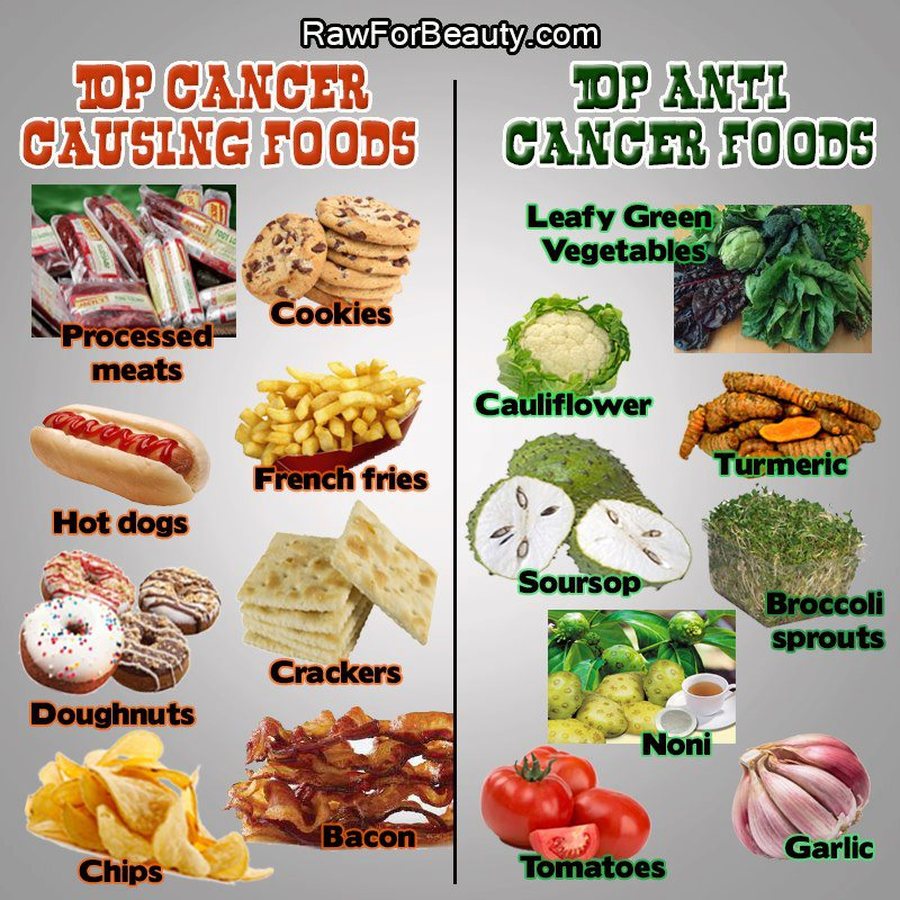
Check out a recent article detailing a 20 year study on the impacts of sunscreen and the lack of sun exposure
Elizabeth Plourde, PhD, is a California-based scientist who authored the book Sunscreens – Biohazard: Treat as Hazardous Waste, which extensively documents the serious life-threatening dangers of sunscreens not only to people but to the environment as well.
Dr. Plourde provides proof that malignant melanoma and all other skin cancers increased significantly with ubiquitous sunscreen use over a 30-year period. She emphasizes that many sunscreens contain chemicals that are known carcinogens and endocrine-disrupting chemicals (EDC).
Environmentally, she notes: “In areas where there has been much exposure to ED [endocrine disrupting] chemicals, coral and other sea populations have died off and the prevalence of dual-sexed fish has risen.”
Dr. Plourde’s research on mice and sunscreen exposure also showed increases in both pup and maternal mortality as well as reproductive issues in subsequent generations.
Additionally, the book documents how sunscreen chemicals have polluted our water sources including oceans, rivers and municipal drinking water. Worse yet, testing revealed that 97% of Americans have sunscreen chemicals in their blood!
Dr. Plourde provides proof that malignant melanoma and all other skin cancers increased significantly with ubiquitous sunscreen use over a 30-year period. She emphasizes that many sunscreens contain chemicals that are known carcinogens and endocrine-disrupting chemicals (EDC).
Environmentally, she notes: “In areas where there has been much exposure to ED [endocrine disrupting] chemicals, coral and other sea populations have died off and the prevalence of dual-sexed fish has risen.”
Dr. Plourde’s research on mice and sunscreen exposure also showed increases in both pup and maternal mortality as well as reproductive issues in subsequent generations.
Additionally, the book documents how sunscreen chemicals have polluted our water sources including oceans, rivers and municipal drinking water. Worse yet, testing revealed that 97% of Americans have sunscreen chemicals in their blood!